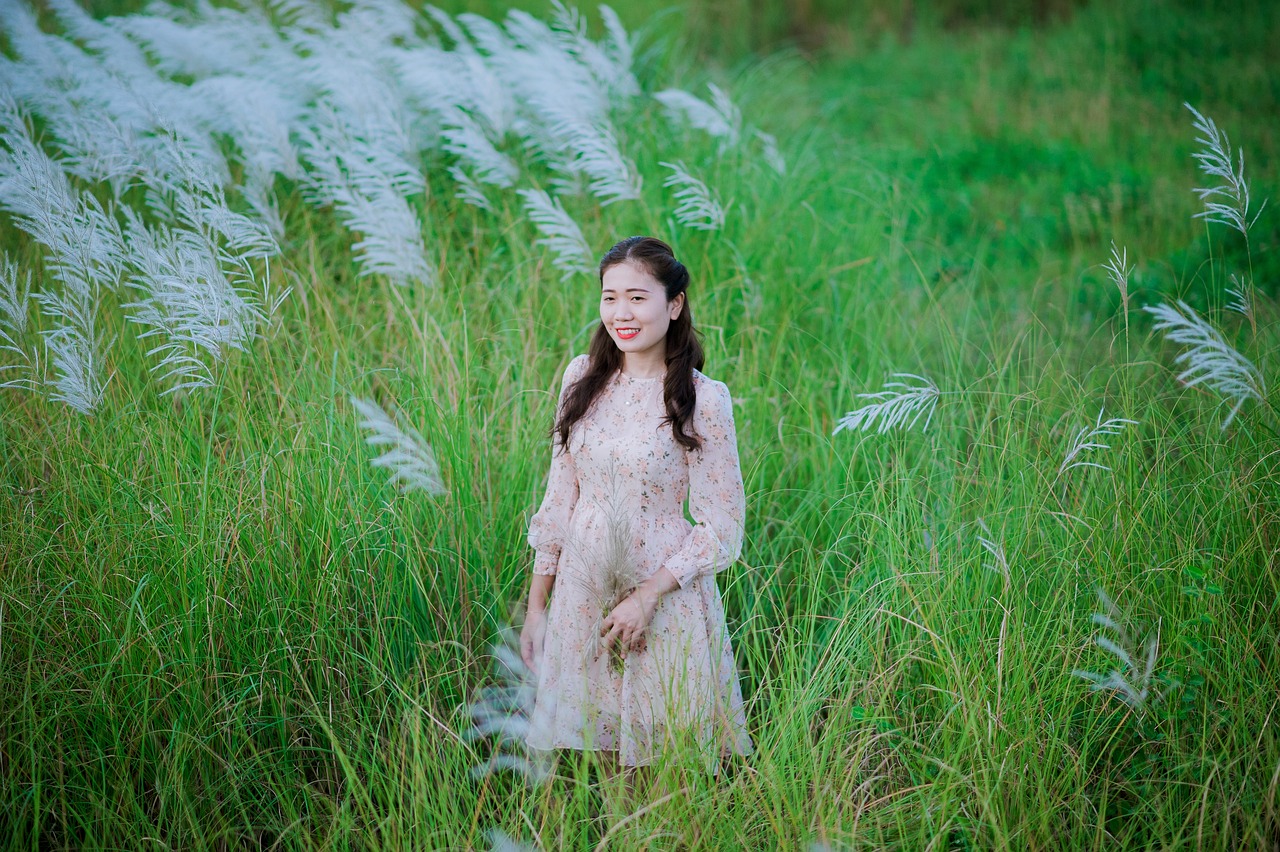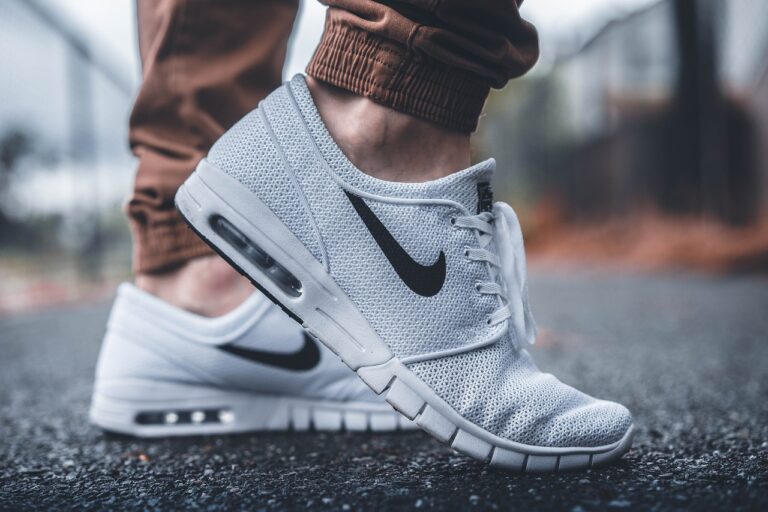Fashion and Social Norms: Clothing That Challenges Conventional Beauty Standards: Lotus365 book, Playexch 99, All panel .com
lotus365 book, playexch 99, all panel .com: Fashion and Social Norms: Clothing That Challenges Conventional Beauty Standards
Throughout history, fashion has played a significant role in defining societal norms and ideals of beauty. From corsets to skinny jeans, what we wear often reflects not just our personal style but also the cultural standards of our time. However, as societal norms evolve and become more inclusive, there has been a rise in fashion that challenges conventional beauty standards.
In recent years, there has been a shift towards celebrating diversity and embracing individuality in the fashion industry. This has led to a surge in designers and brands creating clothing that goes against traditional beauty ideals. From plus-size models on the runway to gender-neutral clothing lines, the fashion world is starting to embrace all shapes, sizes, and identities.
One of the most powerful ways fashion challenges conventional beauty standards is through the use of unconventional models. Instead of showcasing only tall, thin, and traditionally attractive individuals, many brands are now featuring models of all shapes, sizes, ages, and backgrounds. This not only helps redefine what is considered beautiful but also allows more people to see themselves represented in the media.
Another way fashion is challenging conventional beauty standards is through the use of diverse clothing styles. Traditionally, there have been strict rules about what is considered “flattering” or “appropriate” to wear based on body type, age, or gender. However, designers are now creating clothing that pushes the boundaries of what is acceptable, encouraging people to express themselves through fashion without fear of judgment.
One example of this is the rise of gender-neutral clothing lines. These brands create pieces that are not limited to traditional ideas of masculinity or femininity, allowing individuals to dress in a way that feels authentic to them regardless of their gender identity. By breaking down these barriers, fashion is opening up new possibilities for self-expression and challenging the norms of beauty and identity.
Furthermore, the body positivity movement has played a significant role in reshaping beauty standards in the fashion industry. By promoting self-love and acceptance of all body types, this movement has encouraged brands to create clothing that is inclusive and empowering. Instead of promoting unrealistic ideals of perfection, fashion is now celebrating diversity and encouraging people to feel confident in their own skin.
In conclusion, fashion has the power to challenge societal norms and redefine what is considered beautiful. By featuring diverse models, creating inclusive clothing lines, and promoting body positivity, the fashion industry is paving the way for a more inclusive and accepting society. As we continue to push the boundaries of beauty standards, let us remember that true beauty lies in our uniqueness and individuality.
FAQs
Q: How can I support brands that challenge conventional beauty standards?
A: You can support these brands by shopping from their collections, sharing their message on social media, and engaging with their content. By showing your support, you can help promote inclusivity and diversity in the fashion industry.
Q: What should I do if I feel pressured to conform to traditional beauty standards?
A: Remember that beauty comes in all shapes and sizes, and there is no one-size-fits-all definition of beauty. Surround yourself with positive influences, practice self-love and acceptance, and wear clothing that makes you feel confident and comfortable in your own skin.
Q: Why is it important to challenge conventional beauty standards in fashion?
A: Challenging conventional beauty standards in fashion is crucial for promoting inclusivity, diversity, and self-acceptance. By embracing all shapes, sizes, and identities, we can create a more accepting and empowering society for everyone.







